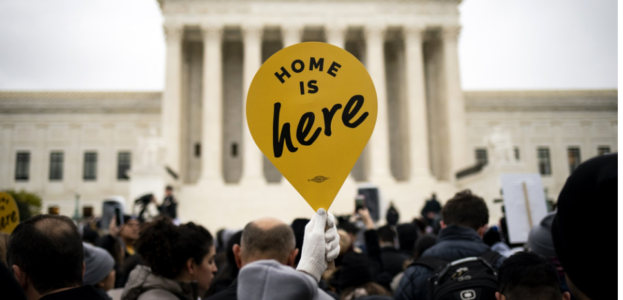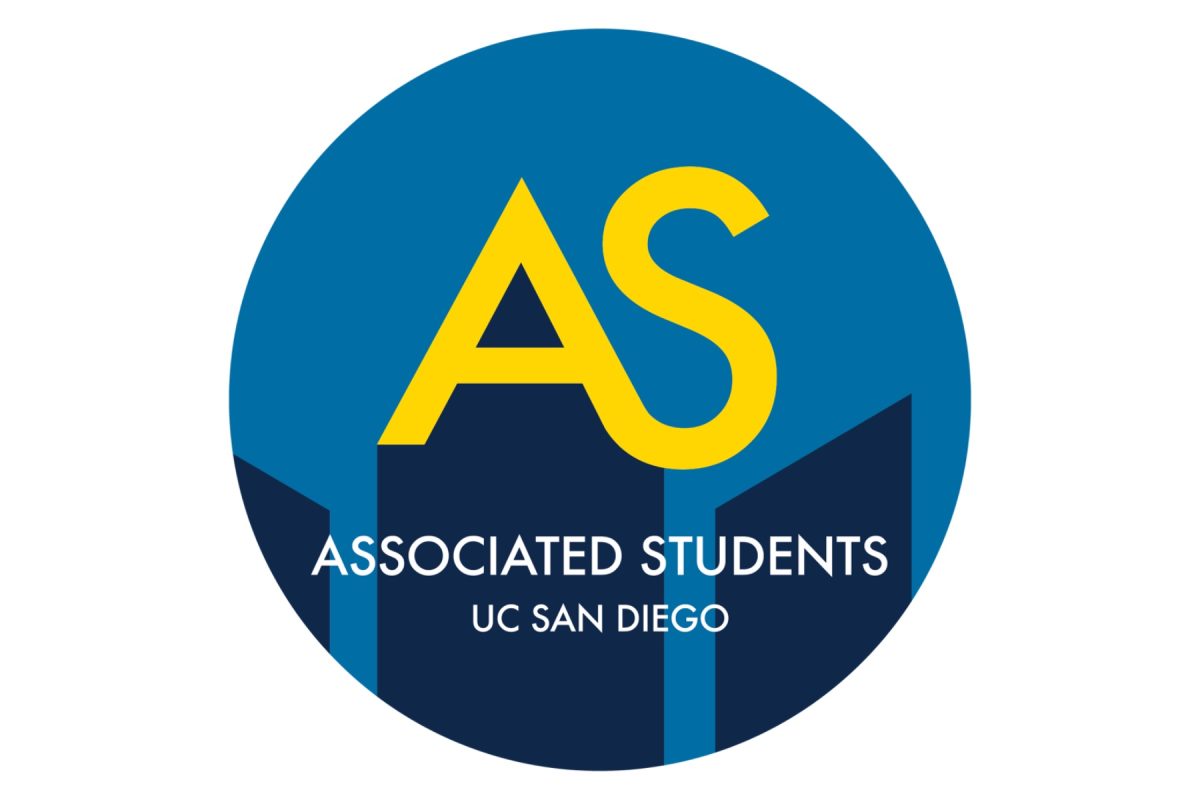On Oct. 5, a federal appeals court ruled that the Obama administration’s implementation of Deferred Action for Childhood Arrivals (DACA) is unlawful. Despite the decision, DACA is still in place, but the case has been sent to a lower court that will analyze the latest regulations released by the Biden administration in August 2022. New recipients will not be accepted into the program, but existing DACA recipients can still continue to renew their status.
Currently there are 600,000 DACA recipients across the U.S., with one in five of the nation’s undocumented college students residing in California. On Oct. 6, the day following the court’s decision, UC President Michael Drake sent an email addressing the ruling and stating his dedication to support undocumented students.
“We are deeply troubled by the Fifth Circuit Court of Appeals’ decision, which holds that the DACA program violates federal law,” read the email. “We remain fully committed to working with California Gov. Gavin Newsom, Attorney General Rob Bonta and our students, faculty, and staff to advocate for permanent pathways to citizenship so undocumented Californians can pursue their academic and professional goals without fear of deportation.”
Despite such promises, there are limited actions states can take, as immigration issues fall under federal jurisdiction. Associate Professor Tom Wong of the political science department talked to The UCSD Guardian about what the new ruling means for DACA recipients and undocumented people going forward.
“Legally, we’ve seen a predictable pattern where DACA wins in some district courts while loses in others,” Wong said. “Appointees on the political left are ruling for DACA while appointees on the political right are ruling against DACA. So what this means is that we’ll most likely see DACA recipients and undocumented young people more generally be used as political pawns.”
Wong further explained that, despite the current challenges, there are ways that President Biden and Congress can protect undocumented people.
“The Biden administration could theoretically put in place a new program that provides some form of protection to DACA recipients as well as undocumented young people who do not qualify for DACA,” Wong said. “Only Congress can pass legislation that would provide legal protections for DACA recipients and/or a path to citizenship.”
However, with the upcoming midterm elections, immigration has taken a back seat for politicians who do not wish to state their views on the highly contested topic. Wong further elaborated on DACA’s status among Democratic candidates.
“Democrats who are on the far left, who are in very safe democratic districts may want to talk about permanent protections for DACA recipients,” he said. “But Democrats who are in contested districts likely won’t take up the issue of immigration or will try to pivot away from the issue of immigration on the campaign trail because it is a hot button issue and will push away some moderates to the political right.”
However, such political games come at the expense of undocumented people. A survey that looked at UC and CSU students reported that 50% of undocumented students reported thinking about their parent or guardian’s deportation once a week or more, and 38% of students reported thinking about their own deportation just as frequently.
To address student concerns, UC Immigrant Legal Services held an Instagram Live hosted by Aidin Castillo Mazantini, executive director of UC Immigrant Legal Services Center and Staff Attorney Andres Lemons. They discussed the recent ruling and answered student questions.
“We know there is a lot of frustration over what is happening to DACA and what has been happening over the past few years,” Castillo said.
Castillo reiterated the UC’s commitment to do everything they can to protect DACA.
“We know that the outlook for the DACA program isn’t great and we know that this is now the second court that has found that the policy that was first announced [in 2012] to be unlawful and that the program continues to be at risk. There are a number of organizations and advocates that have and continue to be in support of the DACA program. That includes us, we do everything that we can to make sure our students are protected. Families understand that we do everything within our ability to make sure students have the resources and protections they need to renew DACA.” Castillo added.
Castillo and Lemons encouraged students to utilize their services as well as explore other organizations such as United We Dream, who provide resources and advocacy for undocumented people.
Since its inception in 2012 by former President Barack Obama, DACA has faced many challenges, many of which were heightened by the Trump administration. In 2017, former President Trump announced that he would halt the program, which he began to phase out shortly after taking office. Three days after the announcement of DACA’s termination, the UC Regents filed a lawsuit, Department of Homeland Security v. Regents of the University of California, to prevent its dissolution. The case was heard by the Supreme Court on Nov. 12, 2019, and in a 5-4 decision, the court reversed Trump’s decision to rescind the DACA program, stating it was “arbitrary and capricious.”
While DACA still remains in place, more challenges are on its way as it awaits the lower court’s decision on Biden’s new regulations, which are set to take effect beginning Oct. 31. White House officials are reportedly waiting to push for further immigration policies following the midterm elections.
If you have any questions or need legal services please visit the UC Immigrant Legal Services website. For help and services for undocumented students, please visit the UCSD Undocumeted Student Services wesbite here.
Photo via Immigrant Law Center of Minnesota.














